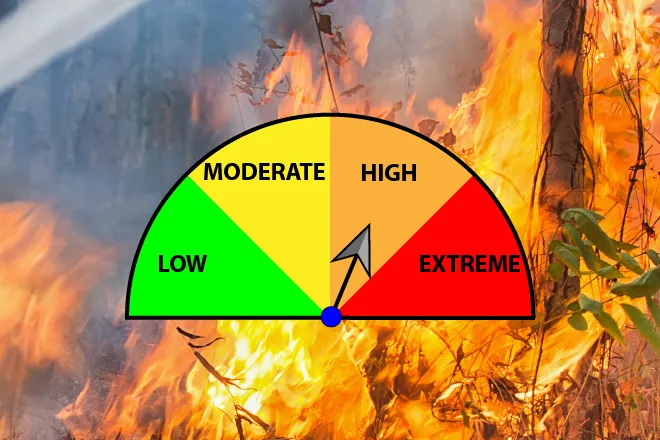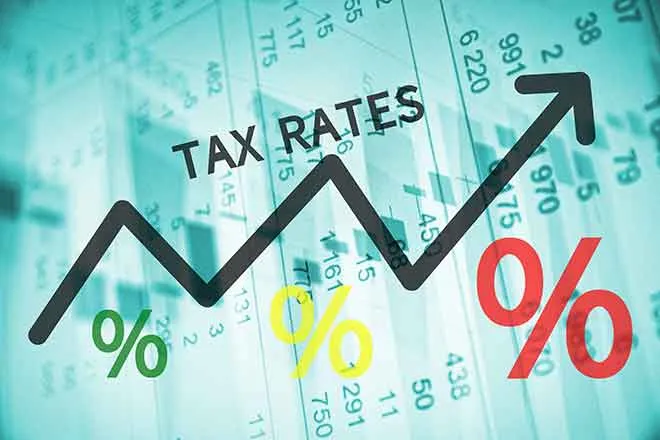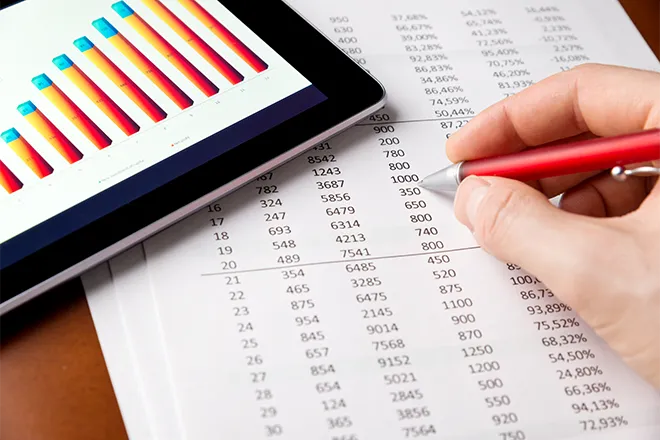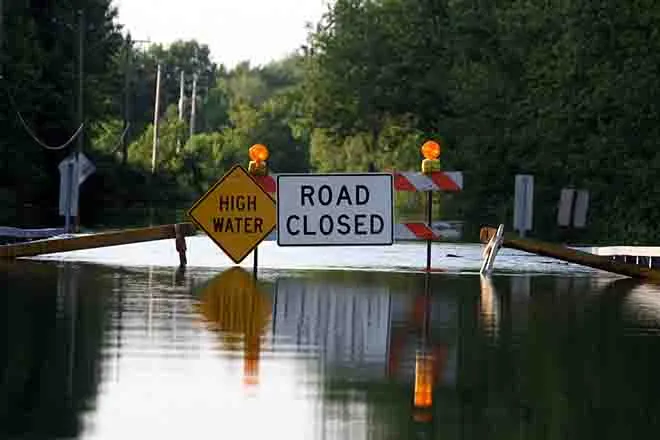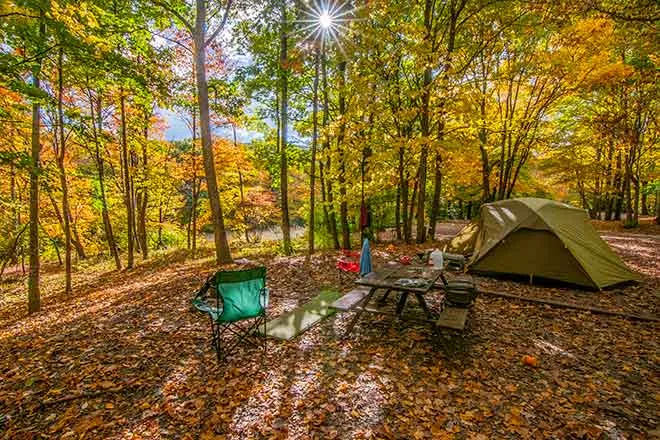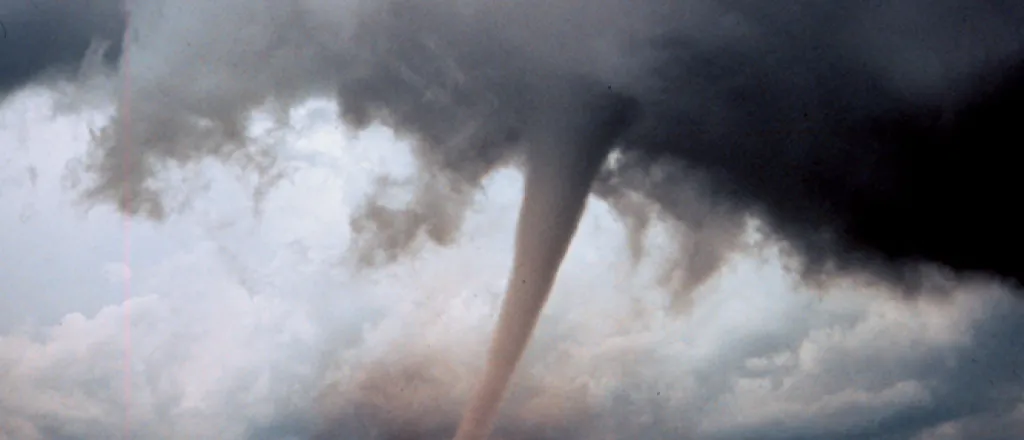
Climate change shifts tornado alley further into Texas
(Texas News Service) The area known as "Tornado Alley" now includes more parts of Texas than it once did, according to scientists, who believe climate change could be the reason.
John Nielsen-Gammon, Texas state climatologist and professor of atmospheric sciences at Texas A&M, said although the blame cannot be pinned entirely on climate change, studies have shown warmer climate is a key ingredient for severe weather.
Gammon pointed out a particular combination of events can cause thunderstorms, snow and wildfires, if it happens at the right time of year.
"If you have an intense frontal system moving across northern Texas, you'll automatically get very strong winds, dry air moving from west to east," Gammon noted. "And if it's early enough in the severe weather season, then the air north of that can potentially be cold enough to allow snow."
This unusual weather mix last happened in 2009. This week, the threat of severe weather continues.
Gammon explained a "supercell" thunderstorm, causing large amounts of high wind, is the first warning of a tornado. When cold air mixes with warmer air and gets sucked back into the storm, a funnel will form.
As the alley best suited to tornadoes shifts further to the east, he emphasized Texas can expect larger outbreaks of tornadoes.
"The tendency for them to occur more in the southeastern United States and less in the former Tornado Alley, Texas sort of spans both of those," Gammon remarked. "East Texas is sort of part of the southeast, with the Piney Woods and so forth, and north Texas is part of Tornado Alley."
Conducting less in-person storm chasing, scientists can now anticipate areas where tornadoes may develop. As storm-tracking technology improves, officials are also able to give people earlier warning, and homes are being built to better withstand severe weather, which helps decrease fatalities.
Vic Cornell, director of administration for the Texas Campaign for the Environment, said Texans should rethink their dependence on drilling for oil, because the drilling process creates the types of gases that change air temperature.
"If we leave oil in the ground and stop burning oil, coal, liquefied natural gas, and turn to more renewable sources, the big picture of climate change will slow or stop," Cornell contended.
He urged people to be more aware of how their day-to-day actions can affect climate change.

